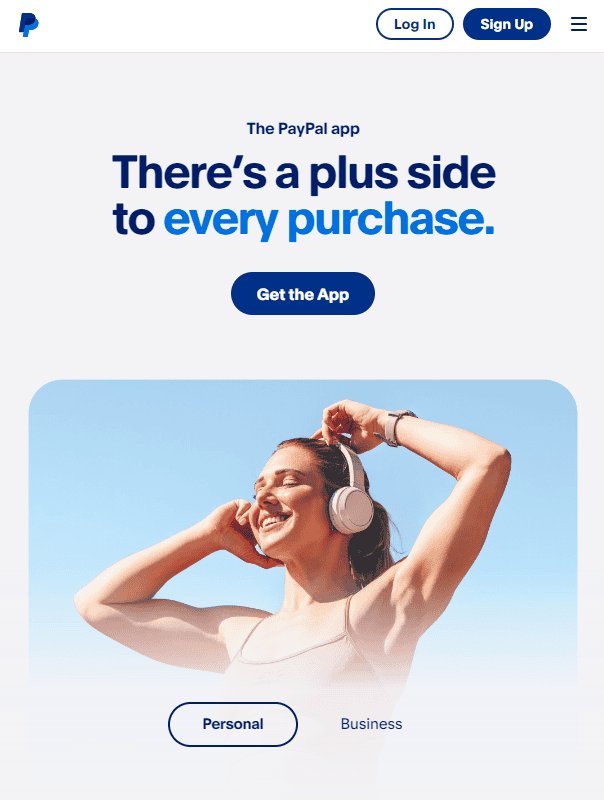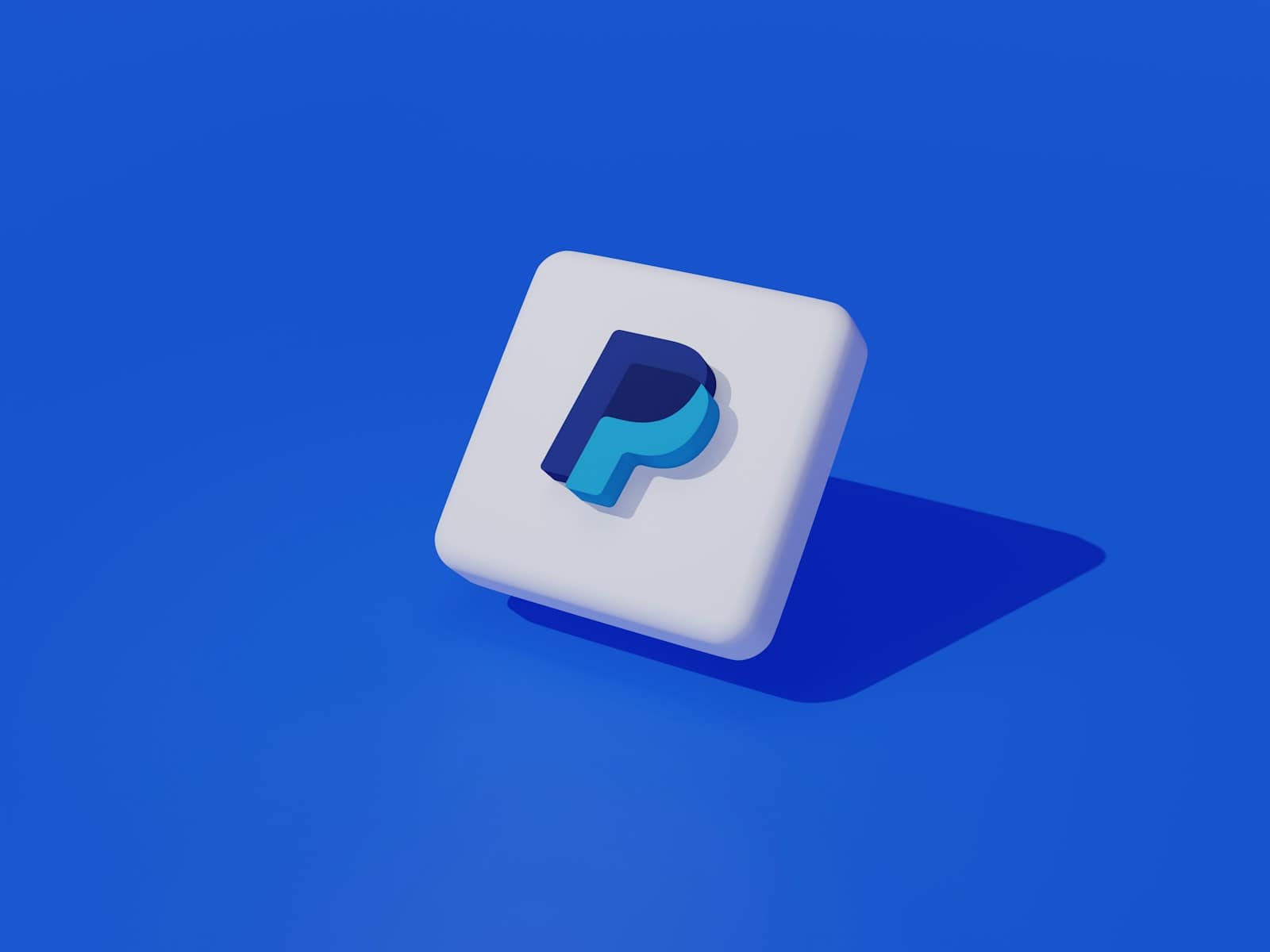PayPal is a digital payment platform that simplifies the process of sending and receiving money online. By setting up a PayPal account, individuals and businesses can conduct transactions secured by an email address and a password. The service allows users to link their bank accounts, credit cards, and debit cards to fund payments or to receive money that can later be withdrawn or used directly from the platform.
Signing up for PayPal is straightforward. Upon entering basic personal information, a user adds financial details to their account, enabling them to start transactions. The platform functions both as a website and an app, offering flexibility to manage finances on-the-go. PayPal emphasizes security in its payment processing, giving users confidence to shop online and manage daily finances with peace of mind.
A Comprehensive Guide to PayPal for Online Transactions
PayPal is a well-known online payment platform that simplifies sending and receiving money. It acts as a middleman, protecting your financial data during transactions.
Creating a PayPal Account
To get started, you’ll need to create a free PayPal account. This involves providing your name, email address, and a secure password. You’ll then link a bank account, debit card, or credit card to your PayPal account. This allows you to fund transactions or receive payments directly into your linked account.

Sending Money with PayPal
Sending money through PayPal is easy. You can send money to friends or family using their email address or mobile phone number. For businesses, you can send invoices and receive payments from customers.
Receiving Money with PayPal
When you receive money, it goes into your PayPal account. From there, you can choose to keep it in your PayPal balance, transfer it to your linked bank account, or spend it directly from your PayPal account at millions of online retailers.
PayPal Fees
While PayPal is free to use for personal transactions funded by your PayPal balance or a linked bank account, fees may apply for certain transactions, such as:
- Receiving payments for goods or services: A percentage of the transaction amount plus a fixed fee.
- Currency conversion: A fee for converting money between different currencies.
- Instant transfers to your bank account: A fee for faster access to your funds.
Is PayPal Safe?
PayPal is considered safe due to its strong security measures. These include encryption of financial data, fraud protection, and dispute resolution services. However, it’s still important to use strong passwords, be cautious of phishing scams, and monitor your account for unauthorized activity.
PayPal’s Benefits and Drawbacks
| Feature | Benefit | Drawback |
|---|---|---|
| Convenience | Easy to use for online transactions and sending money to friends and family. | Fees can be high for certain transactions, especially international payments and business transactions. |
| Security | Offers strong security measures to protect your financial information. | Can be susceptible to scams and unauthorized account access if not used carefully. |
| Accessibility | Widely accepted by online retailers and businesses worldwide. | Limited customer support options compared to traditional banks. |
Overall, PayPal is a convenient and secure way to handle online transactions. Its user-friendly interface, strong security measures, and widespread acceptance make it a popular choice for individuals and businesses alike. However, users should be aware of the fees associated with certain transactions and take precautions to protect their accounts from unauthorized access.
By understanding how PayPal works, you can confidently use this platform for your online transactions, making the most of its convenience and security features. Remember, always be cautious and informed when dealing with online payments to ensure a safe and smooth experience.
Key Takeaways
- PayPal is an easy-to-use online payment service.
- Users must sign up and link a bank account, credit card, or debit card.
- PayPal ensures secure transactions for shopping and personal transfers.
How PayPal Facilitates Payments
PayPal streamlines online transactions by enabling users to pay for goods, send and receive funds, and secure their purchases.
Setting Up PayPal for Personal Use
To use PayPal, individuals create an account on the PayPal website using an email address and a secure password. The setup process involves linking bank accounts, credit cards, or debit cards to fund payments and accept money. A personal account allows the user to shop online, send money to friends and family, and receive payments for sales.
Making Payments and Purchases
Users with a PayPal account can make payments by selecting PayPal at the online checkout page. When they pay with PayPal, they can choose to use funds from their PayPal balance, a bank account, or linked cards. Digital currency can also be selected if available. Payments are usually accompanied by fees, especially when currency conversion is involved.
Receiving Money and Managing Funds
Merchants and sellers receive payments directly into their PayPal accounts less any transaction fees. PayPal notifies both parties of the transaction details. Users can manage their balance in their PayPal account, withdraw funds to a linked bank account, or transfer money to other services like Venom or Cash App.
Security and Privacy
PayPal prioritizes user safety through encryption and protection policies. It employs two-factor authentication and monitors transactions for unauthorized activity. PayPal Purchase Protection offers security to buyers if their eligible purchases don’t arrive or match the seller’s description. Sellers also receive protection against fraudulent claims and chargebacks.







